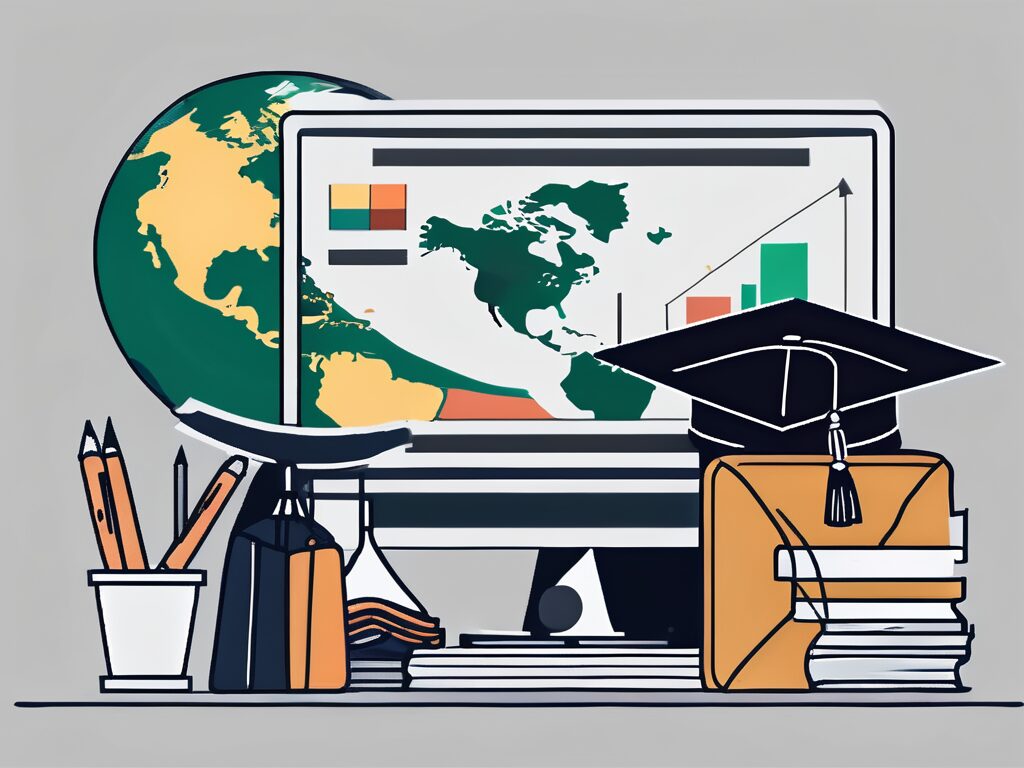Venturing into a new country to pursue a career in education can be a thrilling yet daunting endeavour. Singapore, known for its world-class education system, is a popular destination for educators with a Master’s degree looking to broaden their horizons. However, understanding the financial implications of such a move is crucial. In this light, we delve into five key insights on teaching abroad finances for those with a Master’s in Education in Singapore.
1. Understanding the Salary Structure
Base Salary
The base salary for a teacher with a Master’s degree in Singapore can vary significantly based on experience, expertise, and the institution. On average, you can expect to earn between SGD 60,000 to SGD 100,000 per annum. This is quite competitive when compared to other popular teaching destinations such as the UK or the US.
Additional Allowances
Beyond the base salary, many schools and institutions in Singapore offer additional allowances. These can include housing allowances, medical benefits, and flight reimbursements. These benefits can significantly bolster your overall income and should be factored into your financial planning.
2. Cost of Living in Singapore
Housing
Singapore is renowned for its high standard of living, which unfortunately comes with a relatively high cost. Housing can be particularly expensive, especially in popular expat areas. However, with careful planning and budgeting, it’s possible to find affordable accommodation options.
Food and Transportation
On the brighter side, everyday expenses like food and transportation are quite affordable in Singapore. The city-state boasts a wide array of food options, from inexpensive hawker centres to high-end restaurants. Similarly, public transportation is efficient and reasonably priced, reducing the need for a private vehicle.
3. Tax Implications
As an expatriate working in Singapore, you will be subject to income tax. The good news is that Singapore’s tax rates are relatively low compared to many Western countries. However, it’s important to understand the tax laws and how they apply to your specific situation. Consulting with a tax professional can be a wise investment to ensure you’re not caught off guard.
4. Retirement and Savings
CPF Contributions
In Singapore, citizens and permanent residents are required to contribute to the Central Provident Fund (CPF), a social security savings scheme. However, as a foreign worker, you’re generally exempt from CPF contributions. This means you’ll need to make your own arrangements for retirement savings.
Savings and Investments
With a potentially high income and lower tax rates, Singapore can be a great place to build your savings and investments. There are numerous banks and financial institutions offering a range of savings and investment products. It’s worth spending some time to understand these options and make informed decisions.
5. Financial Planning and Management
Living and working in a new country requires careful financial planning and management. This includes budgeting for daily expenses, planning for emergencies, and saving for the future. It’s advisable to seek professional advice to help navigate these complexities and ensure you’re making the most of your income.
In conclusion, teaching in Singapore with a Master’s in Education can be a financially rewarding experience. However, it’s important to understand the financial landscape, from salary structures and living costs to tax implications and retirement planning. With careful planning and management, you can enjoy a fulfilling and prosperous career in this vibrant city-state.
Advance Your International Teaching Career with iQTS
Ready to elevate your teaching career in Singapore and beyond? The International Qualified Teacher Status (iQTS) at UWE is your gateway to overcoming qualification barriers, achieving significant career progression, and connecting with a global professional community. With our programme, you’ll gain a deep understanding of international curricula and enjoy the flexibility to balance professional development with your current commitments. Don’t let the 75% disqualification rate hold you back. Join the ranks of educators who are 65% more adaptable and experience a 30% salary boost. Make Your Next Step and transform your teaching journey today.

